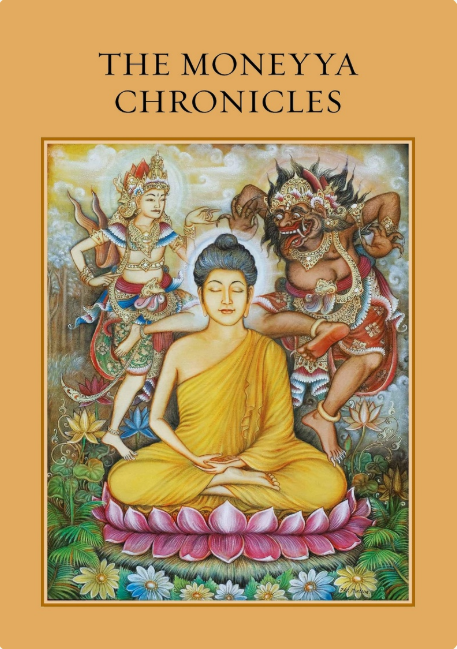Student M [Ed Brown]:
Docho Roshi, big mind and small mind are equally without size. The Buddhist
practice is no practice. Can it be that-- is there any practice which is not
Buddhist practice?
SR: When you involved in dualistic idea in your practice, that is the non-Buddhist practice. There is no alternative way for us -- it means to sit alone on the top of mountain. Whatever happens in the mountain, that is part of your practice. To sit on the mountain means to be a boss of the mountain. That is our practice. And try to climb up to the top of the mountain is not our practice. So you can say various practice is nothing but the Buddhist practice because we are boss of the mountain. But for the people who are trying to climb up to the top of the mountain, there may be various way to the mountain. So we must not forget that we are center of the universe, and sitting in the center of the universe or top of the mountain. -------------------------------- Excerpt from Shunryu Suzuki lecture - 68-04-23-B as found on shunryusuzuki.com. Edited by DC
SR: When you involved in dualistic idea in your practice, that is the non-Buddhist practice. There is no alternative way for us -- it means to sit alone on the top of mountain. Whatever happens in the mountain, that is part of your practice. To sit on the mountain means to be a boss of the mountain. That is our practice. And try to climb up to the top of the mountain is not our practice. So you can say various practice is nothing but the Buddhist practice because we are boss of the mountain. But for the people who are trying to climb up to the top of the mountain, there may be various way to the mountain. So we must not forget that we are center of the universe, and sitting in the center of the universe or top of the mountain. -------------------------------- Excerpt from Shunryu Suzuki lecture - 68-04-23-B as found on shunryusuzuki.com. Edited by DC



